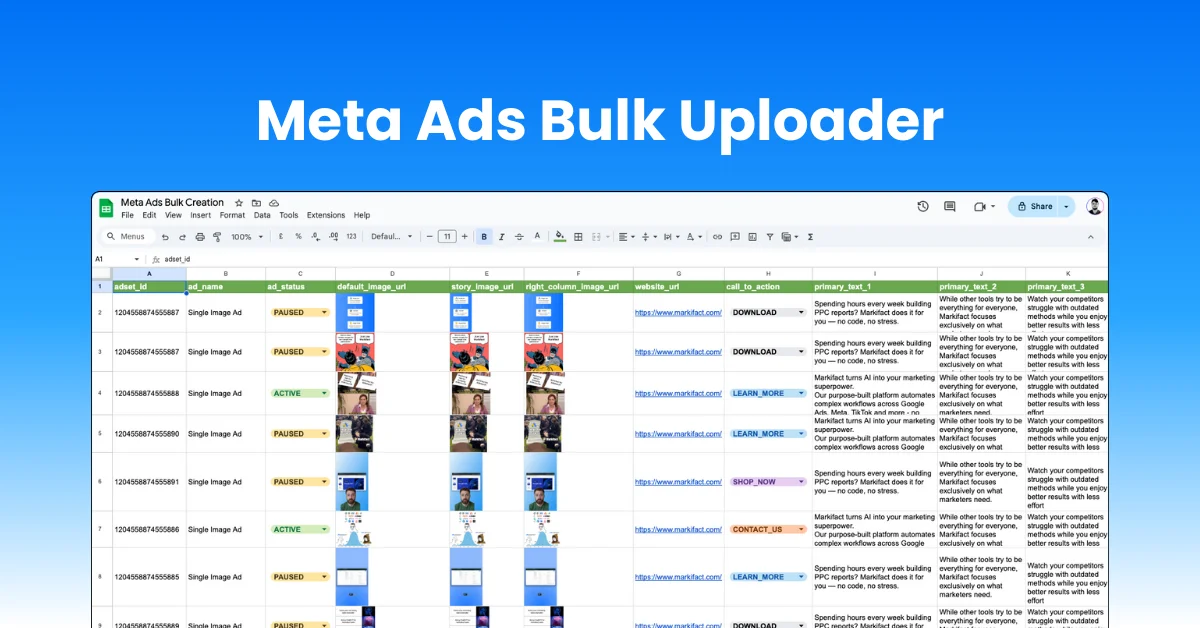Meta has introduced Llama 3.3 70B, the latest in its Llama family of generative AI models. According to Ahmad Al-Dahle, VP of generative AI at Meta, this text-only model matches the performance of the larger Llama 3.1 405B while being more cost-effective. The model utilizes advanced post-training techniques to enhance core performance.
A chart shared by Al-Dahle indicates that Llama 3.3 70B surpasses competitors like Google’s Gemini 1.5 Pro, OpenAI’s GPT-4o, and Amazon’s Nova Pro across various benchmarks, particularly in language understanding as measured by MMLU. Improvements are expected in math, general knowledge, instruction following, and app usage. Llama 3.3 70B is available for download on platforms like Hugging Face and the official Llama website, positioning Meta to strengthen its presence in the AI sector with models that can be utilized commercially.
While Meta's terms restrict certain developers from using Llama models without a special license, the models have achieved over 650 million downloads. Internally, Meta has integrated Llama into its AI assistant, which boasts nearly 600 million monthly active users and is projected to become the world's most-used AI assistant.
The open nature of Llama has presented challenges for Meta. Reports indicated misuse by Chinese military researchers, prompting Meta to make Llama available to U.S. defense contractors. Additionally, Meta has expressed concerns about compliance with the EU's AI Act and GDPR, particularly regarding the training of AI models on user data from Instagram and Facebook. EU regulators have requested Meta to pause training on European user data while assessing compliance.
To address technical challenges, Meta is expanding its computing infrastructure, announcing a $10 billion AI data center in Louisiana, its largest to date. Zuckerberg noted that training the next generation, Llama 4, will require ten times the computing power used for Llama 3. The company has acquired over 100,000 Nvidia GPUs for model development, competing with other AI labs. Meta's capital expenditures have increased significantly, rising nearly 33% to $8.5 billion in Q2 2024, attributed to investments in servers, data centers, and network infrastructure.












